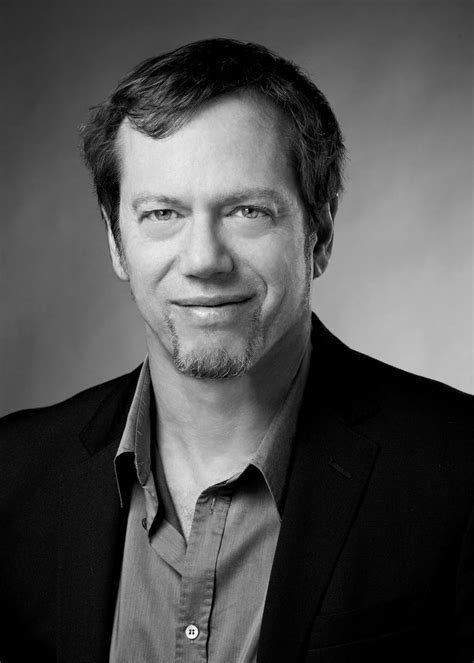A Quote by Gary A. Klein
You need to take your gut feeling as an important data point, but then you have to consciously and deliberately evaluate it, to see if it makes sense in this context.
Related Quotes
To teach effectively a teacher must develop a feeling for his subject; he cannot make his students sense its vitality if he does not sense it himself. He cannot share his enthusiasm when he has no enthusiasm to share. How he makes his point may be as important as the point he makes; he must personally feel it to be important.
Go with your gut every single time. It’s never, ever wrong. Even if feels like everybody else is telling you that you need to do this or do that. Your gut is your artist and who you are as a person and what makes you special, and what makes you an interesting performer. Never try to be something you’re not.
Managers used to say, 'I have a gut feeling.' Do you know what a gut feeling is for a professional manager? It's a pattern that they recognize. But if your system can recognize that pattern, if it's not just a couple of managers who know that pattern, then the system's gut feeling can tell you which way to go. That's really liberating.
It's not always a conscious thing - I've never been that artist to come to the recording session with a concept of an album; I am a lot more intuitive. I usually start with the music and try to catch a feeling, a gut feeling. And then you need to do interviews and explain yourself more, in words. But during the process it's really about the gut feeling, and it's hard to explain. You're trying to find those moods that make you feel something, I guess.
The thing about 50 is that you've clearly reached a point where you have more of your life behind you than ahead of you, and that's a very different place to be in. You're thinking, 'I've done most of it.' I don't like that feeling. But it makes you evaluate your life and go, 'Am I doing what I want to do? Am I spending my time the way I want?'?
We want to be known for having original ideas, inspired hunches, and gut feelings that make a difference. Indeed, a "well-honed sixth sense"' is considered a measure of the good clinician. But being a good doctor also requires sticking with the best medical evidence, even if it contradicts your personal experience. We need to distinguish between gut feeling and testable knowledge, between hunches and empirically tested evidence.
And when you are operating within your style, which is your world, which you operate in, then it also would make sense to you. Now, whether it makes sense to anybody outside is besides the point really. You just do it and then you find that other people kind of begin to relate to it and allow themselves to get into your way of thinking about things.
If you cannot always elicit a straight answer from the unconscious brain, how can you access its knowledge? Sometimes the trick is merely to probe what your gut is telling you. So the next time a friend laments that she cannot decide between two options, tell her the easiest way to solve her problem: flip a coin. She should specify which option belongs to heads and which to tails, and then let the coin fly. The important part is to assess her gut feeling after the coin lands. If she feels a subtle sense of relief at being "told" what to do by the coin, that's the right choice for her.
There is a mental space that we consciously makes our way back to, and give honour to what has formed us in this mental homeland which we carry with us always. It is important not to try to annihilate it but to take your courage in your hands and go back, and then I think you can more easily make a new beginning. A lot of us would like to know how to do this.
How do we regulate our emotions? The answer is surprisingly simple: by thinking about them. The prefrontal cortex allows each of us to contemplate his or her own mind, a talent psychologists call metacognition. We know when we are angry; every emotional state comes with self-awareness attached, so that an individual can try to figure out why he's feeling what he's feeling. If the particular feeling makes no sense—if the amygdala is simply responding to a loss frame, for example—then it can be discounted. The prefrontal cortex can deliberately choose to ignore the emotional brain.






































